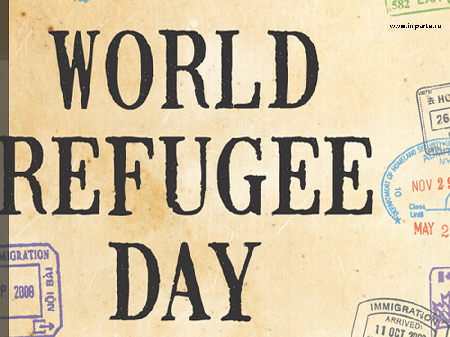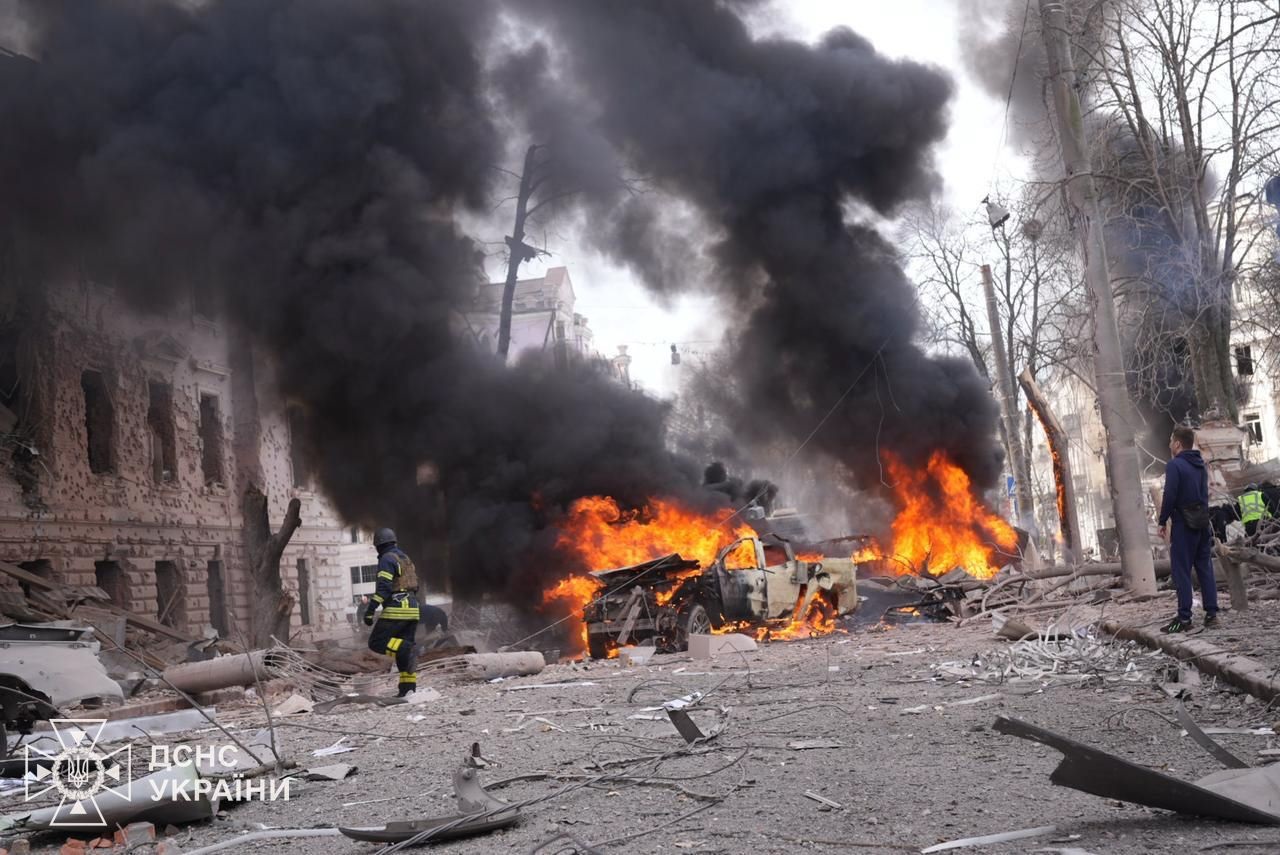Romania offers shelter to refugees
With forced migration reaching record high in 2012, Romania says it is willing to receive refugees.

Valentin Țigău, 20.06.2013, 13:24
At the end of 2012, forced displacement reached record high in the past 18 years, with 45.2 million people being registered as refugees, asylum seekers or persons forced to find refuge in their own countries, says an annual report released by the United Nations on World Refugee Day. According to this report, we are currently seeing the highest number of internally displaced persons since 1994, the present crisis in Syria having largely contributed to the present global displacement of persons.
With 1,262 refugees registered at the end of 2012, Romania ranks fifth among the seven central European states making up the Regional Representation based in the Hungarian capital Budapest. Poland saw the highest number of refugees at the end of 2012, while Slovenia was home to the lowest number of refugees last year. According to the UN report, war remains the main cause of forced migration, with 55% of the total number of refugees coming from five countries ravaged by war: Afghanistan, Somalia, Iraq, Syria and Sudan.
The civil war in Syria and the massive exodus from this country has found Romania ready to receive a significant number of refugees. The case of the 150 Syrian children who fled from bullets, cluster bombs and air raids in cities like Hama, Homs and Aleppo is well known. They have been granted asylum and the right to free education at a Bucharest-based school teaching in Arabic.
In order to meet the needs of those in desperate situations all over the world, an Emergency Transit Centre, the first facility of this kind in Europe, was established in Timisoara, western Romania in 2008. The aforementioned institution is functioning under a three-party agreement concluded between the Romanian government, the United Nations and the International Organisation for Migration. This facility, which can house 200 people, offers provisional shelter to refugees, in particular people coming from the Arab world who are facing life-threatening situations.






























